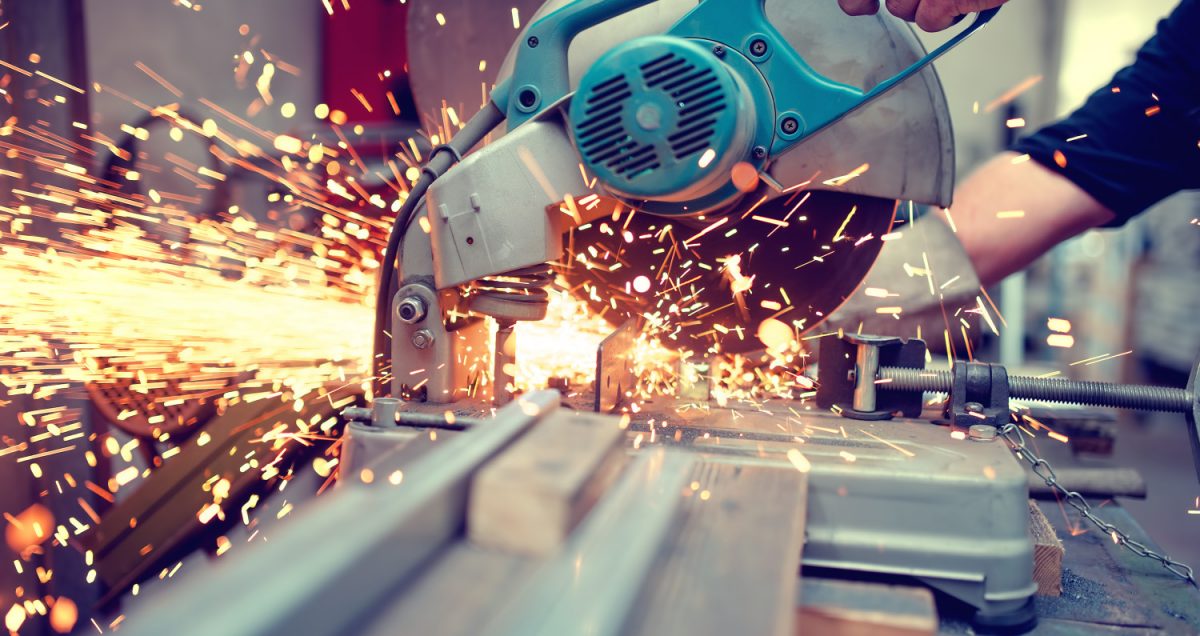Defective Product
Advocating For Portland, Oregon Residents Affected By Defective Products
A person hurt by a defective product may have a claim against the manufacturer or seller of that product for medical expenses, lost wages, pain and loss of enjoyment of life.
 Back to all Practice Areas
Back to all Practice Areas Defective Product Related Injuries
The injured party does not have to prove that the manufacturer or product seller was negligent, only that the product was unreasonably dangerous in one of the following ways:
- The product was defectively designed so that, although it was manufactured exactly as designed, it was unreasonably dangerous anyway, like a three-wheeled all terrain vehicle.
- The product, though properly designed, was defectively manufactured, like a soft drink with metal shavings in the bottom of the can.
- The product was sold with inadequate instructions or warnings, like a camp stove that fails to warn the user not to use the stove inside a tent.
Who Is Liable And Who Is Protected?
Anyone in the chain of distribution of a dangerously defective product is liable for injury caused by that product. That might be the manufacturer, a distributor, a dealer or retail seller, or someone who leases the product.
An injured party who may recover damages includes anyone who would reasonably be expected to be injured by the product. That includes the buyer of a product, a user of the product such as a friend or family member of the buyer, or even a bystander, such as a pedestrian injured by a car with defective brakes.
What Is "Dangerously Defective" Or "Unreasonably Dangerous"?
A product is dangerously defective if it is more dangerous than the ordinary consumer would expect it to be. So a chainsaw isn’t unreasonably dangerous because it cuts quickly through almost anything because that’s what we expect. But it is unreasonably dangerous if its design makes the chain fly off and hit the operator because we don’t expect it to do that. A camp stove is not unreasonably dangerous because it gets hot, but it is unreasonably dangerous if it gives off toxic gasses without an adequate warning. Advertising and product information can be important to show what an ordinary, reasonable consumer would expect.
What If The Consumer Modifies The Product?
A manufacturer or seller is liable for a dangerously defective product only if the product reaches the consumer in basically the same condition as when it was sold. So, if the consumer removes a guard from a table saw and gets hurt in a way the guard would have prevented, the manufacturer may not be liable. On the other hand, if a modification is expected, or reasonably foreseeable, the manufacturer must warn about the effects of that modification. So, if the manufacturer has reason to know that table saw purchasers are removing the blade guard, it may be necessary to include a warning about the importance of the guard and the consequences of removing it.
What Is An Adequate Warning?
In order to be adequate, a product warning must be obvious and easy to read. That means it has to be in large, clear print and placed on the product where a reasonable person would see it and be able to read it. The warning must be clear about what the danger of the product is and how to avoid it. So if a warning on a camp stove tells the user to be careful of fire hazard, it is not adequate to warn of the danger of toxic gas in an enclosed space.
What About Old Machinery?
We get a lot of questions about old machines. A worker gets hurt on the job because of a dangerous defect in a piece of machinery, and the question is whether the machine is too old for the worker to be able to recover damages from its manufacturer or seller.
The law in Oregon is that a person injured by a defective product has two years after discovering the injury to file a lawsuit in court and that the lawsuit has to be filed within 10 years of the time the product was first purchased for use. If the product was made in another state, that time may be longer than 10 years, if the law in that state allows a longer time.
